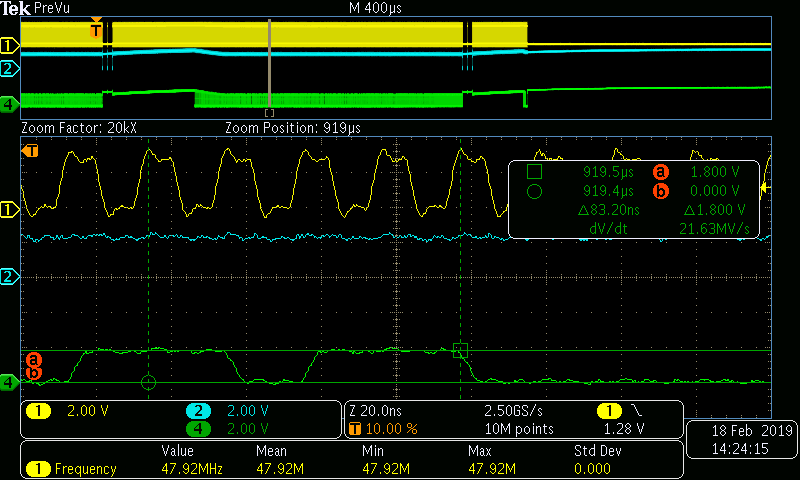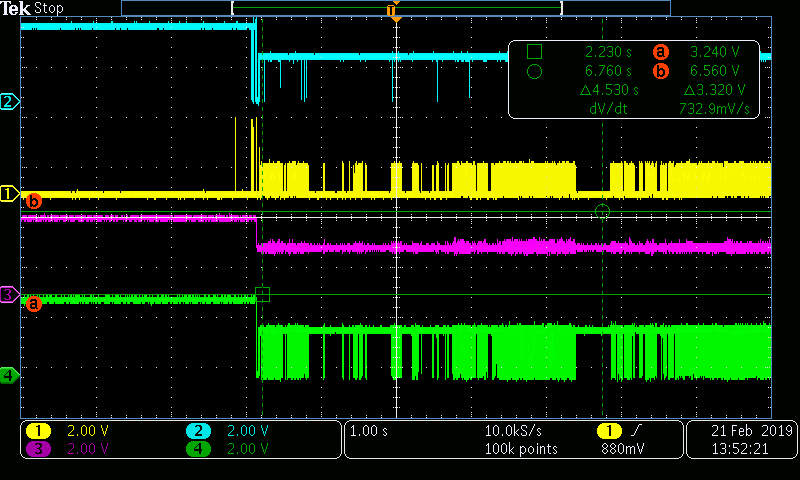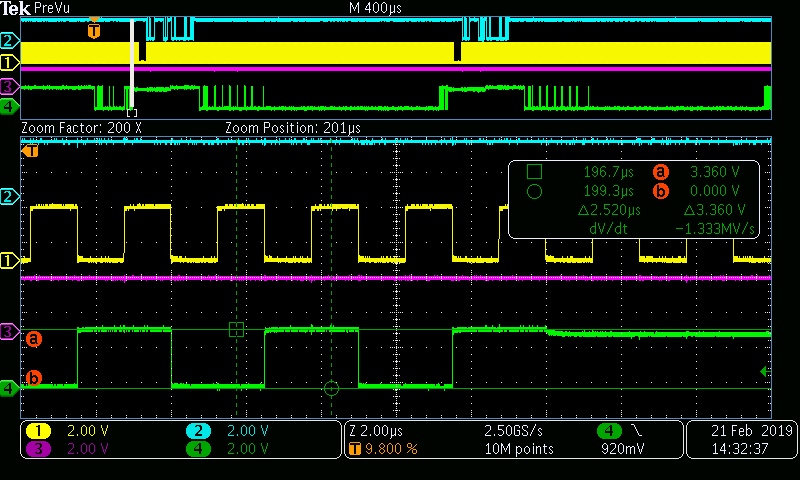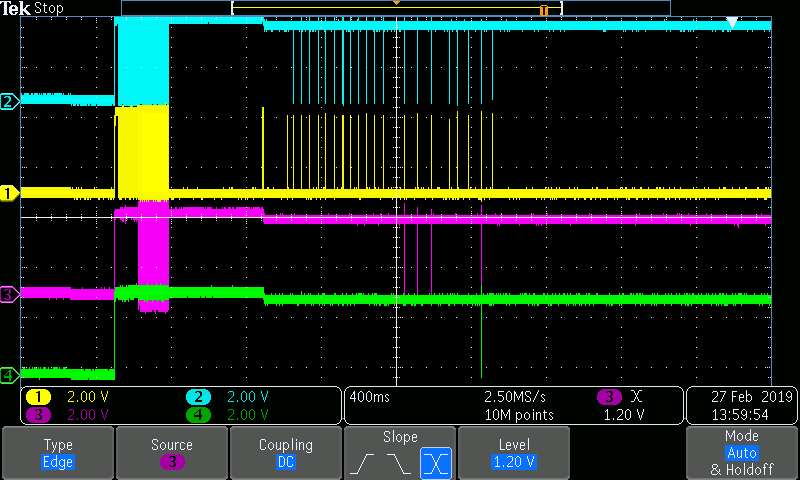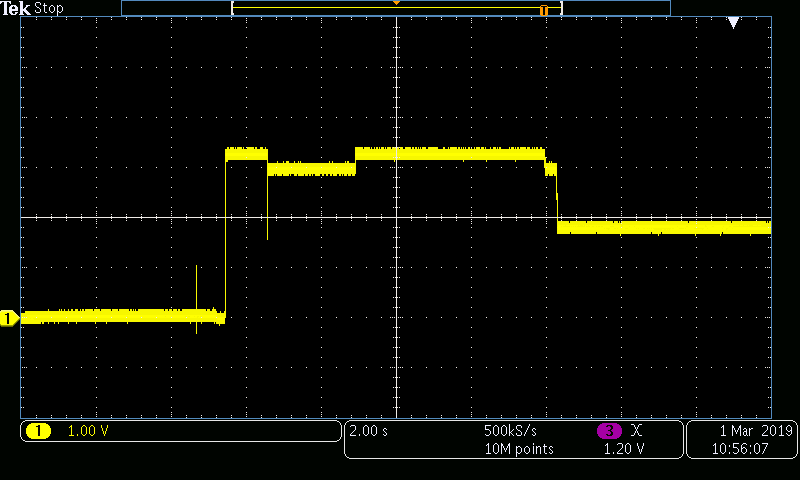Hi,
I’ve got a custom AM5718 board, which is based on the AM571x Industrial Development Kit (IDK) Evaluation Module (EVM) Hardware (see SPRUI97A), that is having problem to boot from an SD card sitting on MMC1.
VSDMMC is generated by LDO1 on the TPS6590379 PMIC and it powers the MPU VDDSHV8. The MMC lines are also pulled up to this voltage.
I get the following errors during boot:
U-Boot SPL 2017.01-00319-gfe893f7-dirty (Jun 12 2018 - 10:50:13)
DRA722-GP ES2.0
Trying to boot from MMC1
omap_hsmmc_send_cmd: timedout waiting on cmd inhibit to clear
omap_hsmmc_send_cmd: timedout waiting on cmd inhibit to clear
spl: mmc init failed with error: -110
SPL: failed to boot from all boot devices
### ERROR ### Please RESET the board ###
Some boards from the same batch of boards boot fine, while others show the above error messages and don’t boot.
I suspect that we’re having some signal integrity problems and/or problems with the VSDMMC voltage, which sometimes stay at 1.8 V and sometimes at 3.0 V after the board has booted. The voltage also changes between these values during boot. I haven’t looked into the details on this, how it is supposed to work, but it looks weird. Why 3.0 V and not 3.3 V? And isn’t the voltage supposed to drop to 1.8 V after the speed has been negotiated and then stay there.
Some oscilloscope screenshots:
Yellow: MMC_CLK
Blue: MMC_CMD
Green: MMC_D0
Regards
Fredrik



